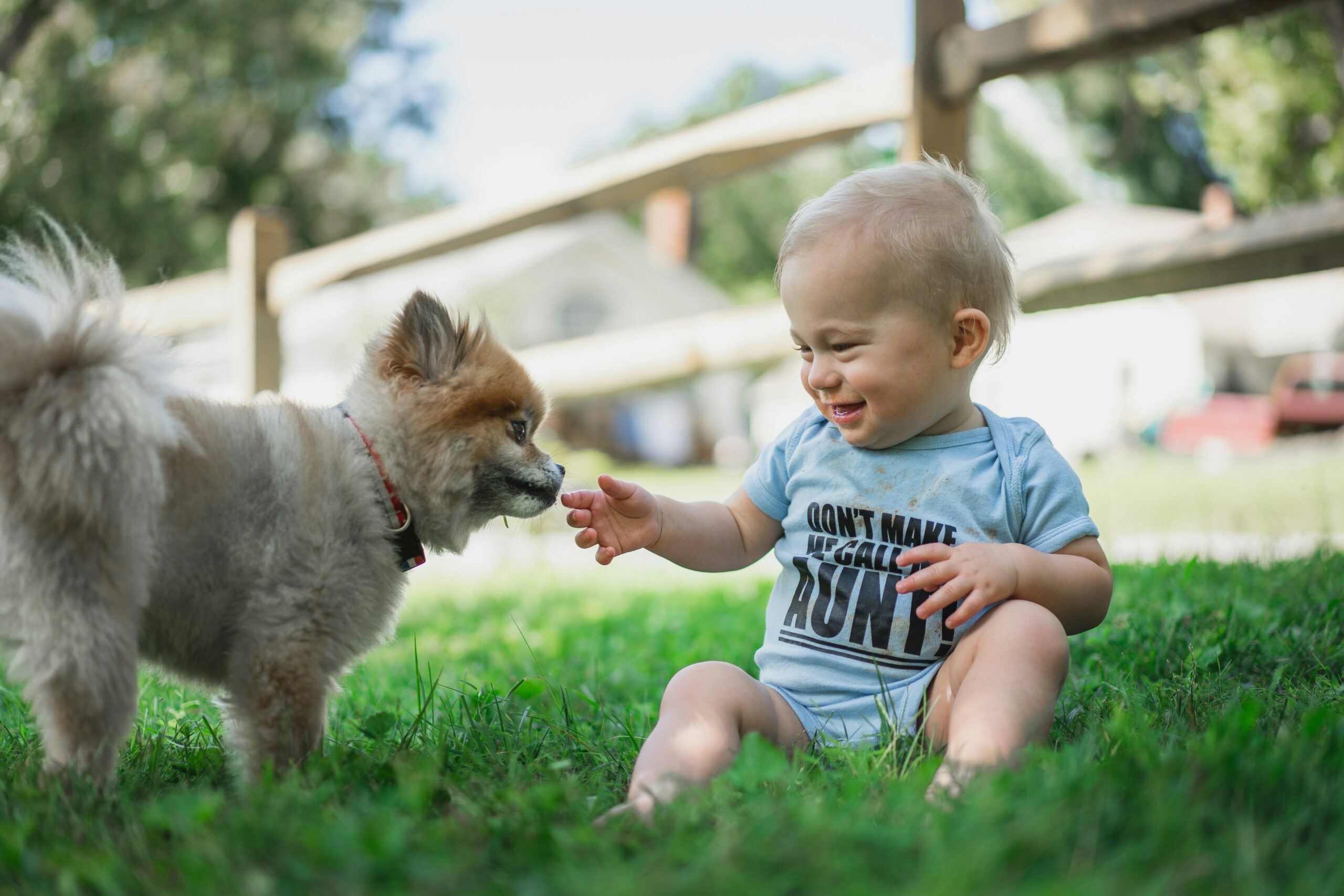Why Dogs Bark and Curbing Excessive Barking
Save This Article For Later
Share this:
Font size:AAA
No one should expect a dog to never bark. That’s as unreasonable as expecting a child to never talk. But some dogs bark excessively. If that’s a problem in your home, the first step is figuring out what causes your dog to bark too much. Once you know why he is barking, you can start to treat his barking problem.
Barking, Jumping, & Other Behavioral Problems in Dogs
Why Dogs Bark
Barking is one type of vocal communication that dogs use, and it can mean different things depending on the situation. Here are some reasons why dogs bark:
Territorial/Protective: When a person or an animal comes into an area your dog considers his territory, that often triggers excessive barking. As the threat gets closer, the barking often gets louder. Your dog will look alert and even aggressive during this type of barking.
Alarm/Fear: Some dogs bark at any noise or object that catches their attention or startles them. This can happen anywhere, not just in their home territory.
Boredom/Loneliness: Dogs are pack animals. Dogs left alone for long periods, whether in the house or in the yard, can become bored or sad and often will bark because they are unhappy.
Greeting/Play: Dogs often bark when greeting people or other animals. It’s usually a happy bark, accompanied with tail wags and sometimes jumping.
Attention Seeking: Dogs often bark when they want something, such as going outside, playing, or getting a treat.
Separation Anxiety/Compulsive Barking: Dogs with separation anxiety often bark excessively when left alone. They also usually exhibit other symptoms as well, such as pacing, destructiveness, depression, and inappropriate elimination. Compulsive barkers seem to bark just to hear the sound of their voices. They also often make repetitive movements as well, such as running in circles or along a fence.
How to Treat Excessive Barking
Getting your dog to bark less will take time, work, practice, and consistency. It won’t happen overnight, but with proper techniques and time, you can see progress.
Here are a few tips to remember as you start your efforts to control your dog’s barking.
Shouting stimulates your dog to bark more because he thinks you’re joining in. So the first rule is to speak calmly and firmly, but don’t yell.
Most dogs don’t know what you want when you’re yelling at them to “shut up.” So train your dog to understand the word “Quiet!”
Here are two methods:
When your dog is barking, say “Quiet” in a calm, firm voice. Wait until he stops barking, even if it’s just to take a breath, then praise him and give him a treat. Just be careful to never reward him while he’s barking. Eventually he will figure out that if he stops barking at the word “quiet” he gets a treat (and make it a high level treat, such as cheese or chicken bits to make it worth more than the barking.)
This is an except from http://pets.webmd.com/dogs/guide/understanding-why-dogs-bark and reposted by New York Dog Nanny.



